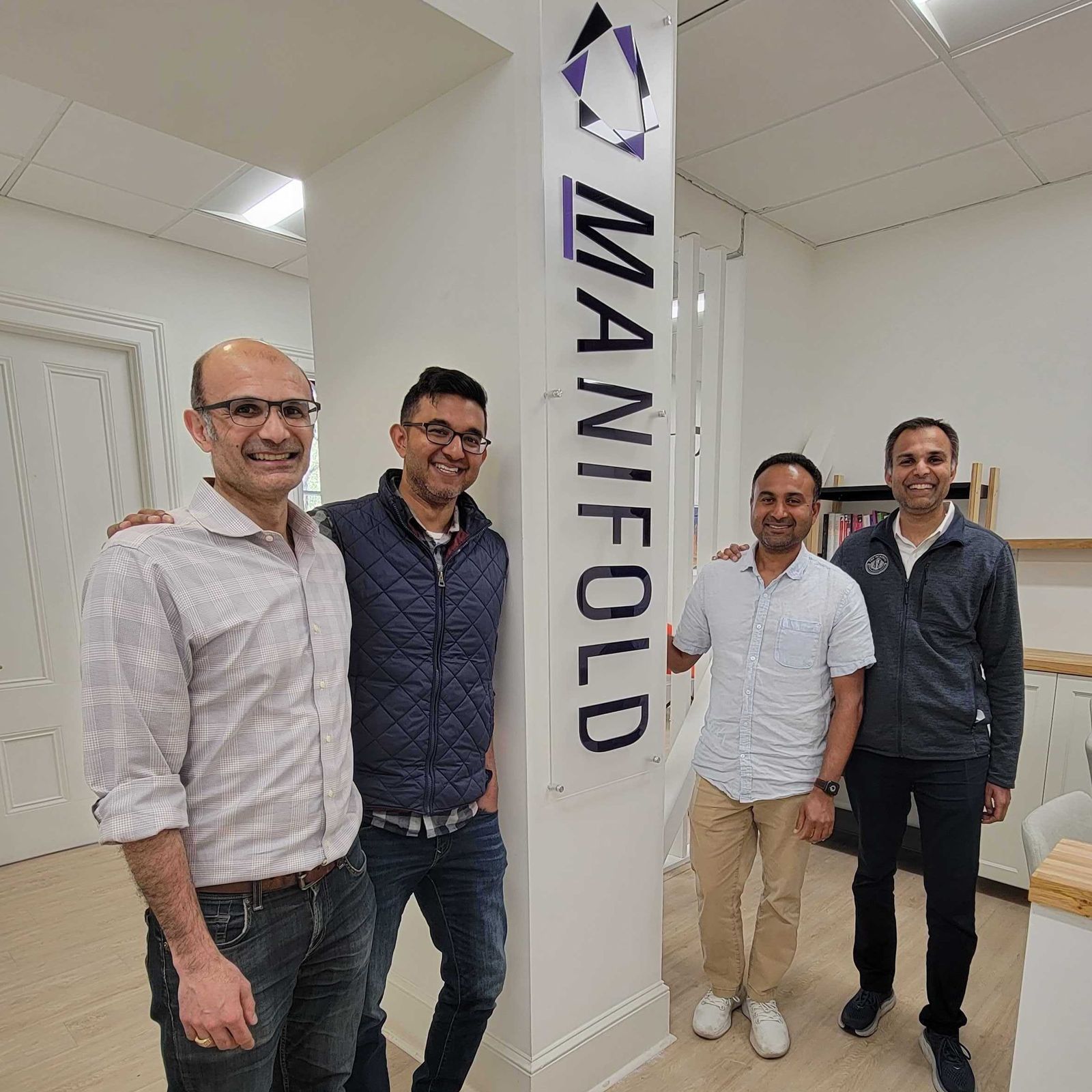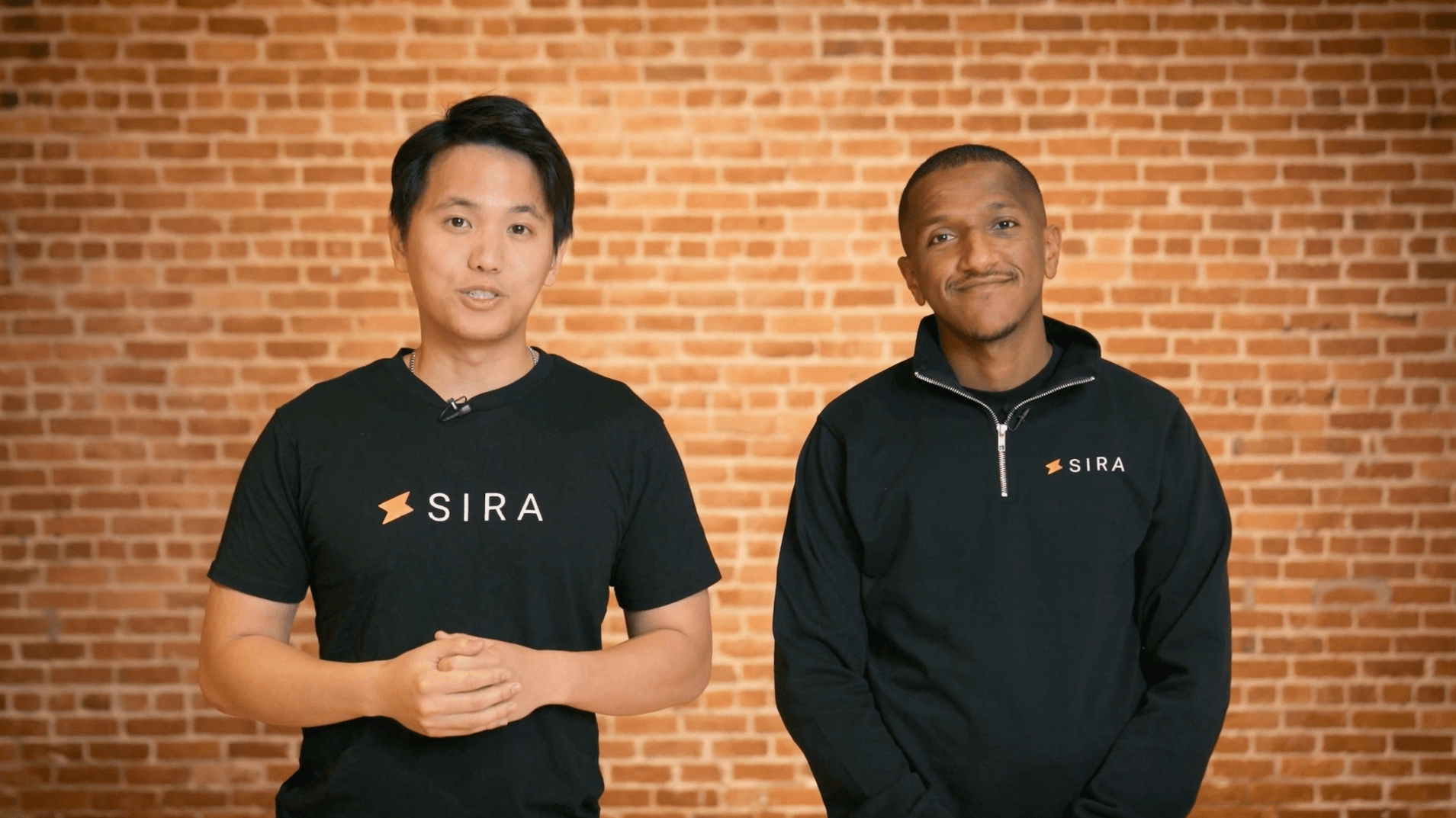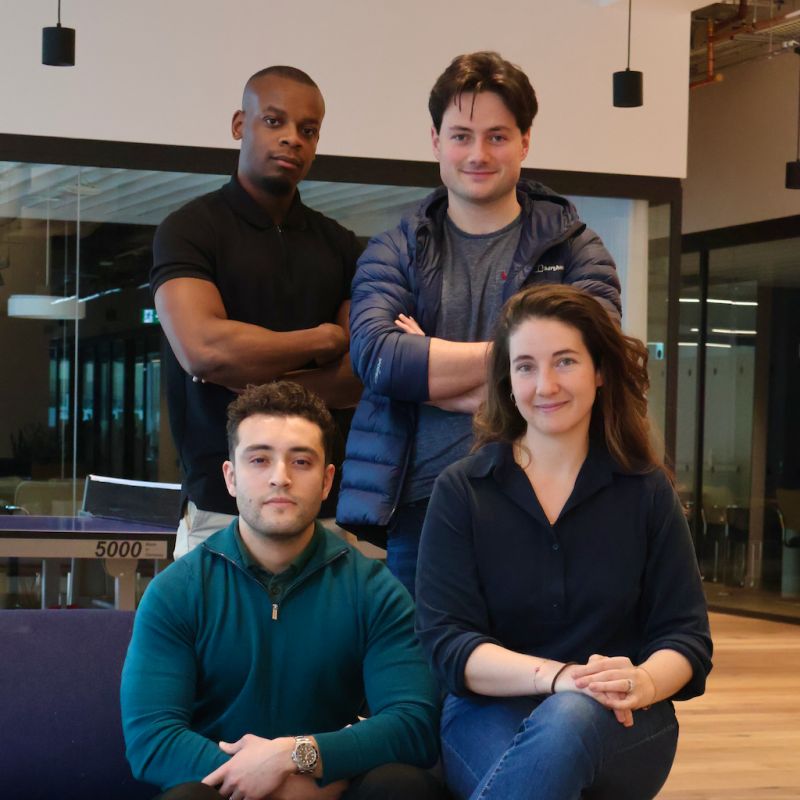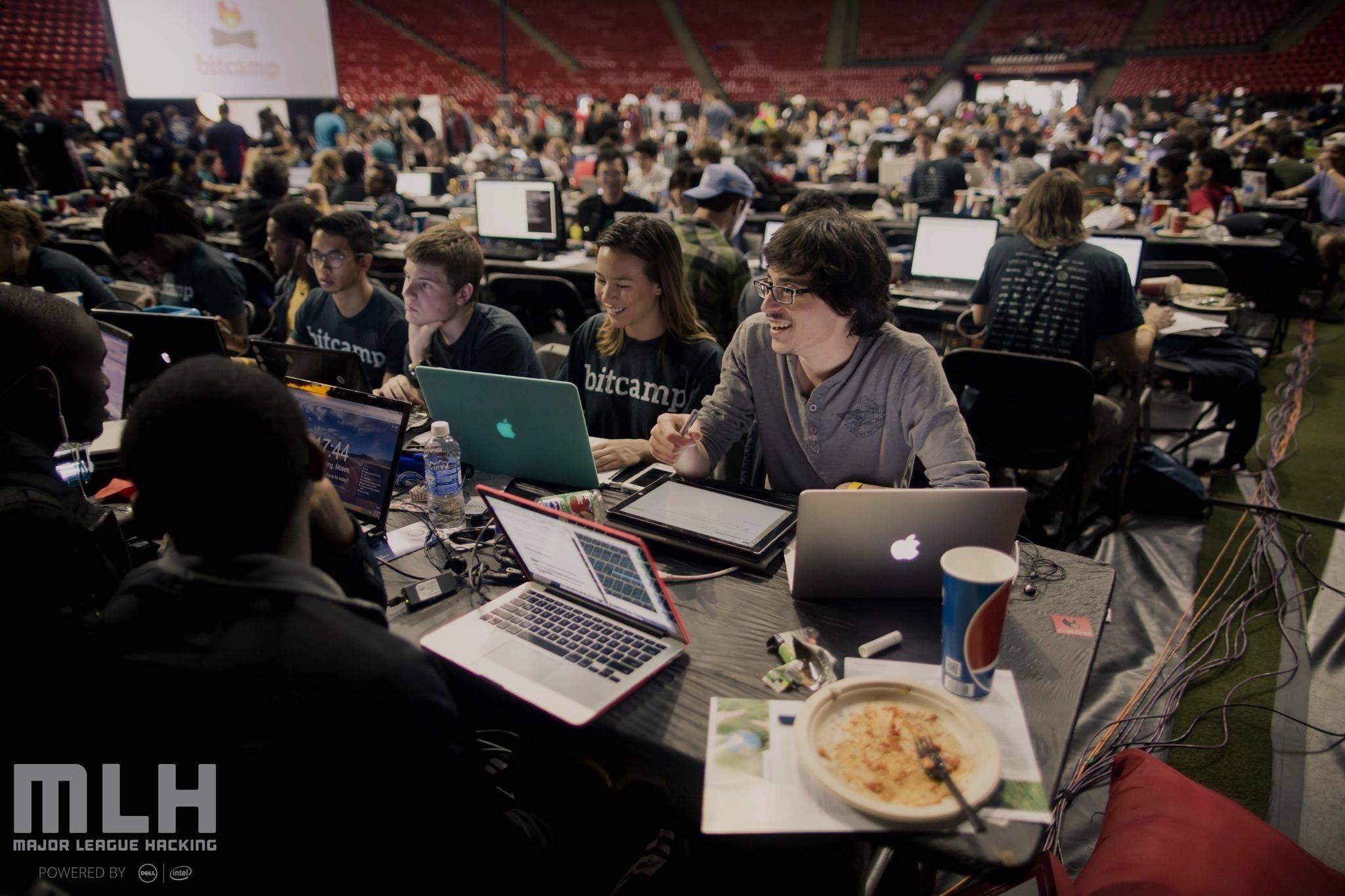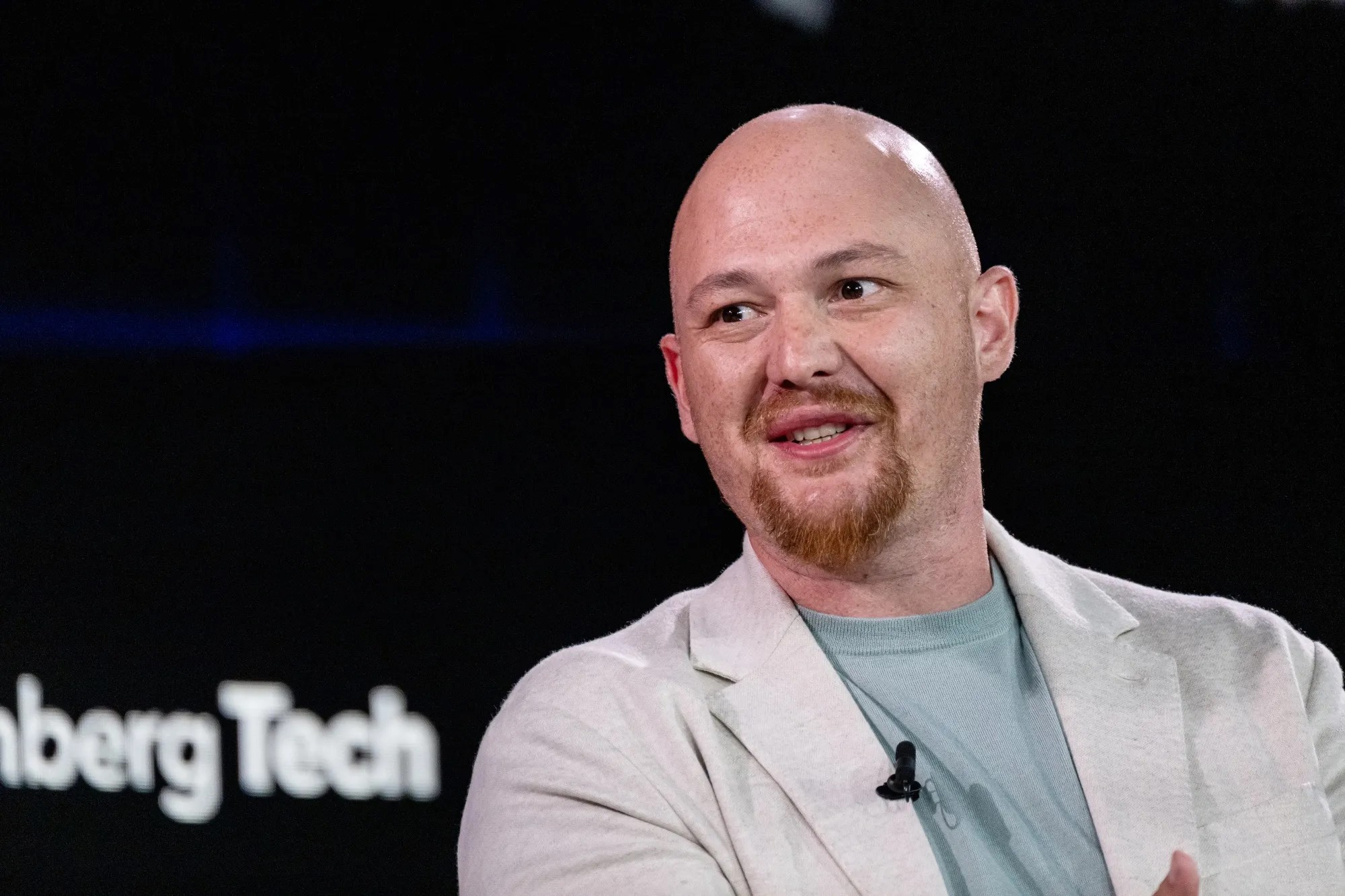How Students and Teachers Build AI for Education
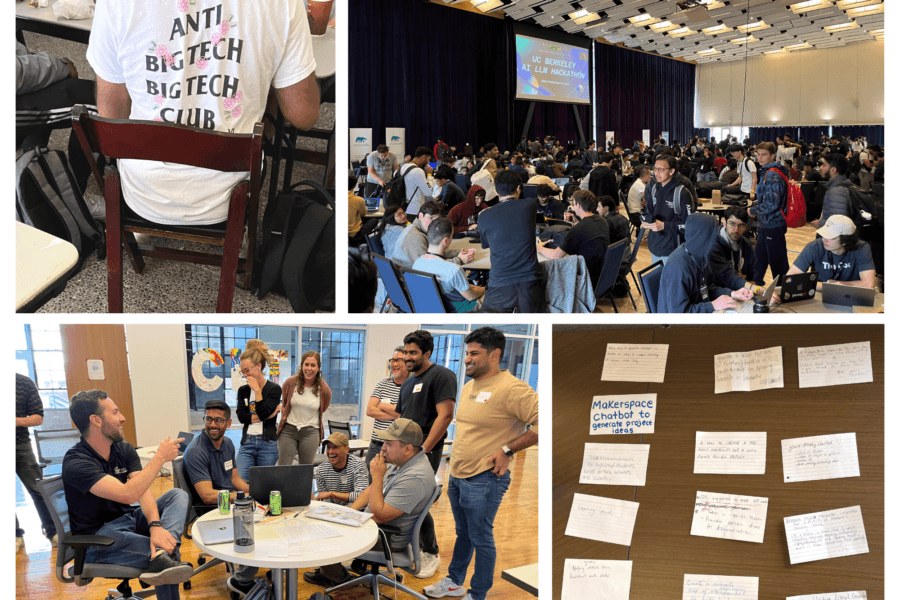
It’s not pleasant to hear someone knock a tool you’ve invested in. It stings a little less when it comes from students who are being earnest in their critique.
What’s even nicer: when they turn that dissatisfaction into action and build something better.
That was how a team of two undergrad students — Corby and Holden — and a graduate, Yash, presented their project, Automark, at the Berkeley AI LLM Hackathon on June 17-18. Born out of frustration at the long, tedious grading processes that offer little in the way of actionable feedback, the project combines OCR technology with GPT-4 to grade assignments speedily, accurately and deliver personalized feedback and suggestions for materials to review. It is, in essence, the next generation of Gradescope, an AI-grading assistant that we at Reach previously backed and supported through its acquisition by Turnitin.
They were three of over 1,200 students who packed into UC Berkeley’s Martin Luther King Jr. Student Union last weekend. Flying in from as far as New Zealand and Singapore, they were all eager to learn about and string together the latest LLMs in novel ways. OpenAI and GPT-4 were the talk of the town, but workshops led by Hume, Pinecone and other AI sponsors were also packed to the brim.
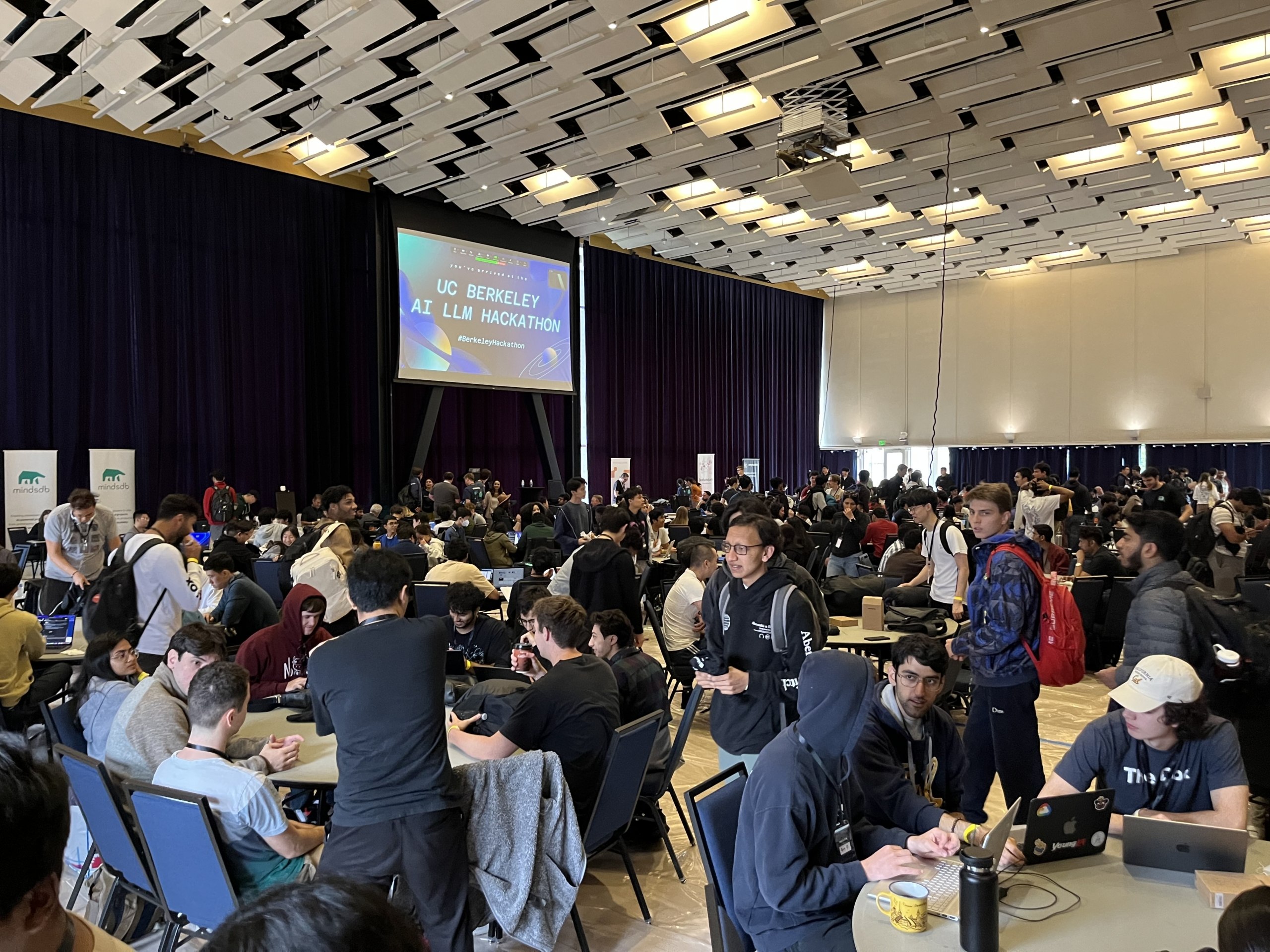
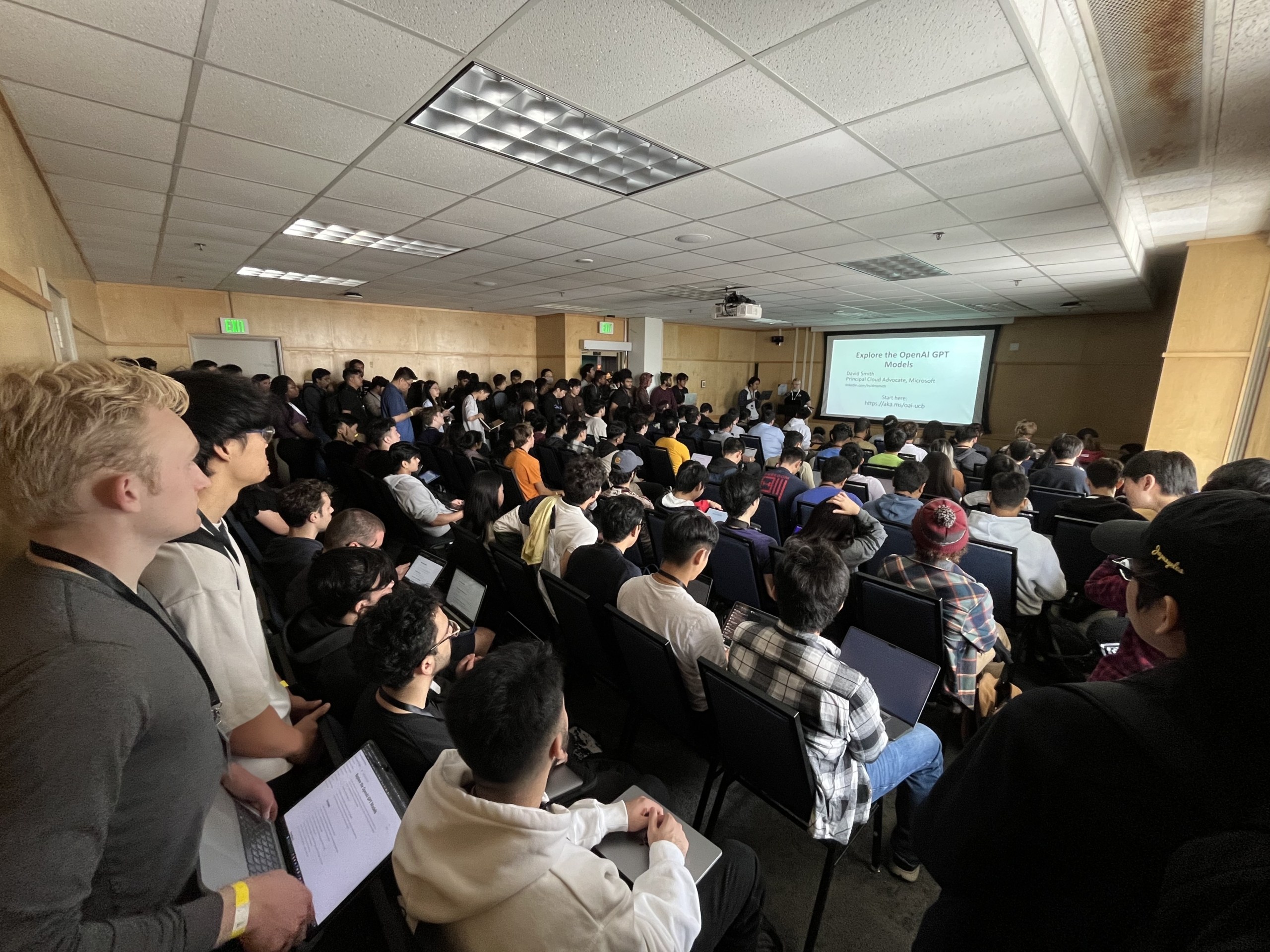
The continued weaving of AI into education will beget new, powerful tools that can augment how we learn, teach, relate and grow. Many of them start in campuses like Berkeley, where two of our exited investments — WriteLab and Gradescope — were founded by Cal alums. Building from lived experience, students have created many leading brands in the edtech industry. They laid the groundwork for Brightspace and Canvas, two of the most widely used LMSs today. They built Stellic, a next-gen degree management and course planner (and part of the Reach portfolio). A high schooler studying for his French class built what would become Quizlet.
This tradition continues today: 2 of the 3 most popular classroom response tools used in K-12 classrooms today — Blooket and Gimkit — are built by students.
Over 36 hours in Berkeley, the students hustled and hacked. Fueling them: Carts stocked with Red Bulls and Costco-sized boxes of chips and snacks. Sleeping bags, power cords and cables of all colors and sizes littered the floor. There were DJs and Super Smash Brothers for those needing a break. Real-life llamas and big stuffed teddy bears for those needing a hug. All the ingredients befitting a community and weekend billed as the “Woodstock of Hackathons.”
Of the 268 teams that formed during the hackathon, 67 submitted a project for our AI + Education prize (which we sponsored). That’s exactly one quarter of all projects built over the weekend, a proportion that well surpasses our industry’s share of overall tech startups and investment dollars.
The Automark team won the prize but there were many other intriguing ideas. A speaking tutor for non-native English learners; A facial recognition tool for gauging student engagement on pre-recorded lecture videos; an assistant for students with ADHD struggling with longform texts. Some were outright amusing in “Berzerkeley” fashion: a “Better Call Paul” app for those in legal trouble; a bot that lets you chat with the AI-simulated hosts of the All-In podcast.
This shouldn’t be a secret: If you want to find where good education ideas are born and built, go to where education happens.
Four days later, we were at another hackathon. This time in a much cozier setting, at the offices of NewSchools Venture Fund, with a much smaller but equally energetic audience.
The purpose? To introduce educators and others new to AI on how they can design and bring their ideas to life.
Hosted in collaboration with Teach for America’s Reinvention Lab, Playlab, and aiEDU, the AI for Educators hackathon invited teachers, techies, designers, students and former founders to learn, brainstorm and build together. In the magical, serendipitous spirit as the Startup Weekend EDUs of yesteryear, people of different backgrounds mingled over shared challenges and a desire to build solutions.
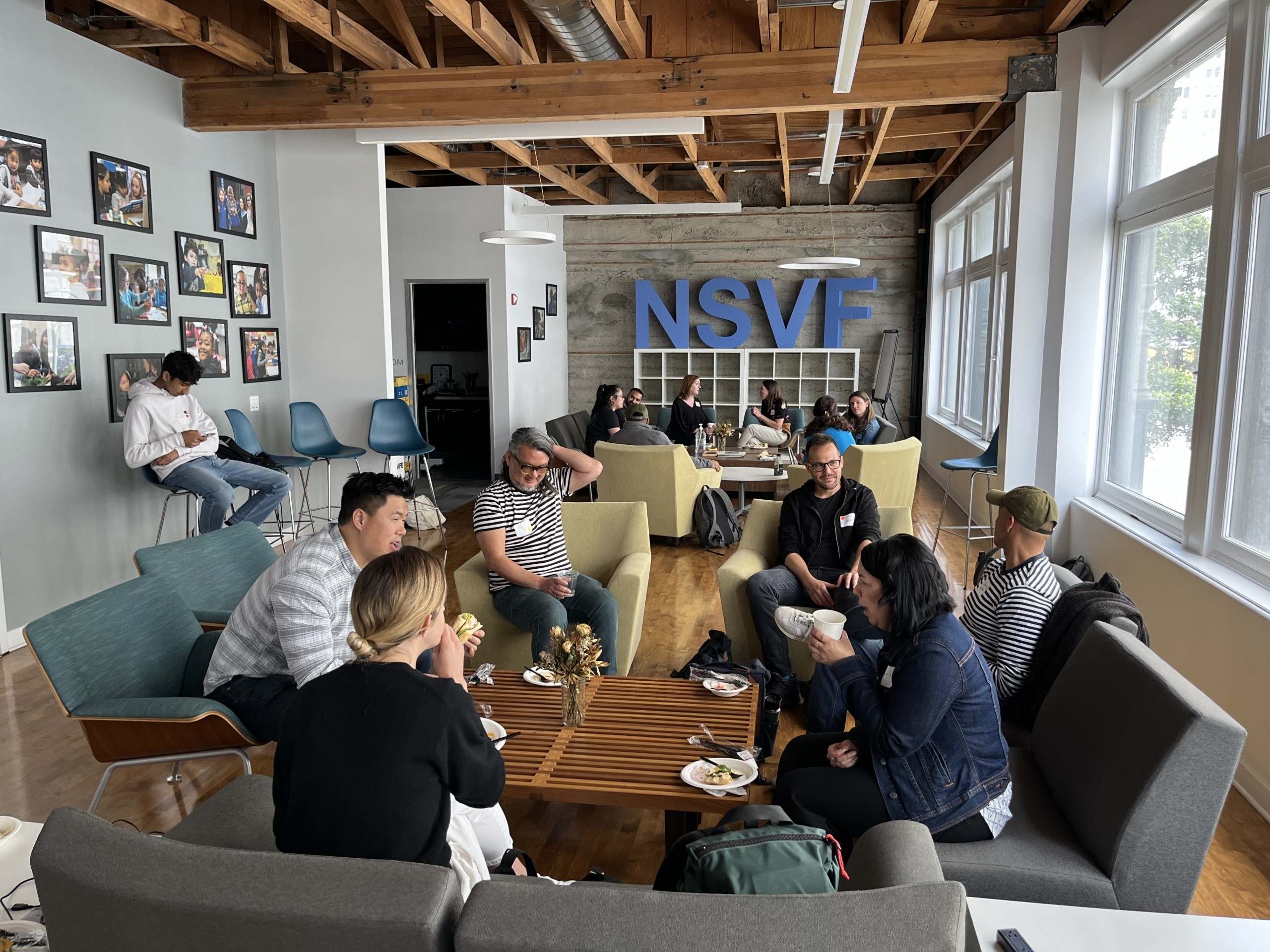
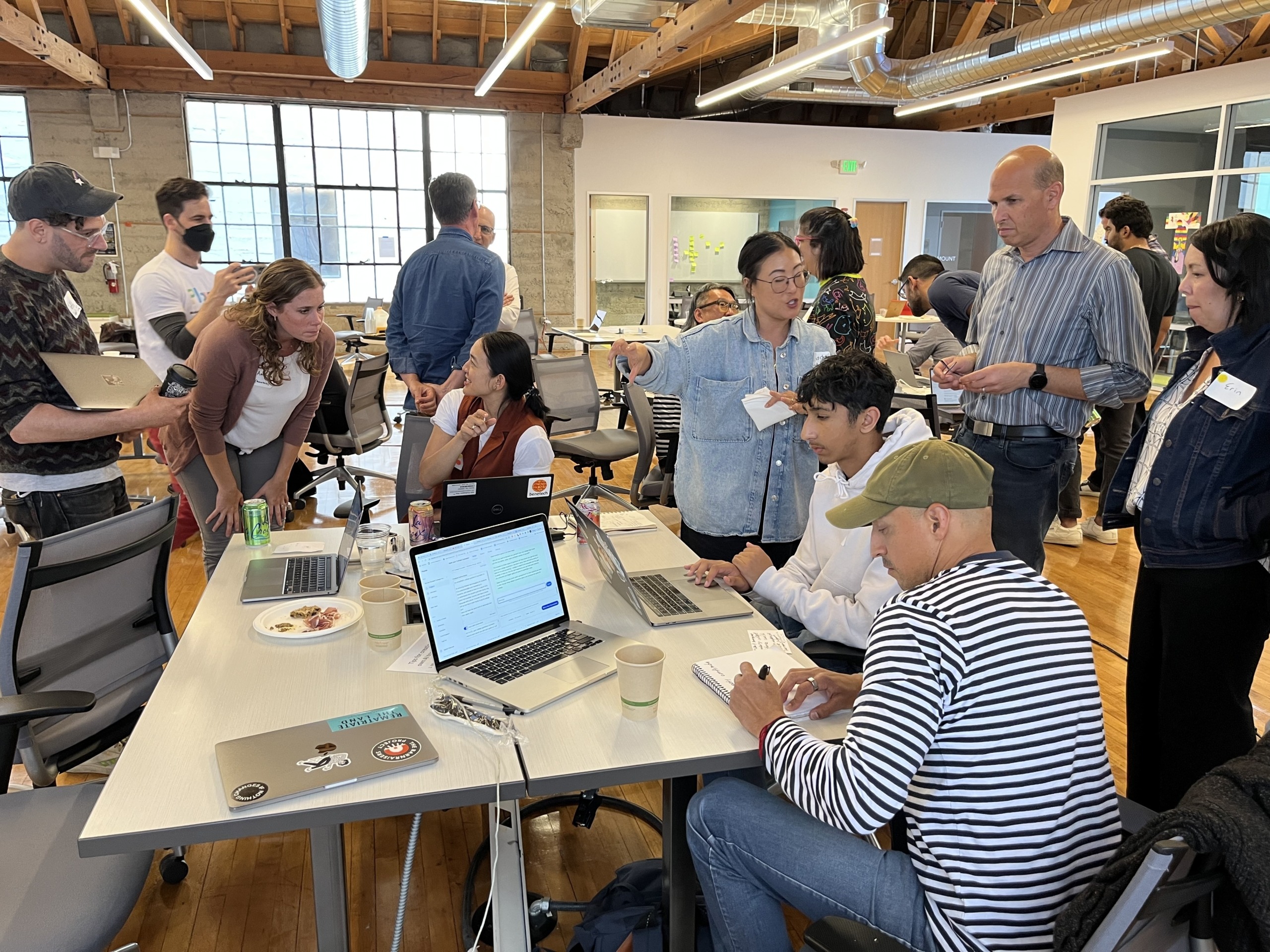
Teacher input has long been core to the development of educational tools that aspire to make a positive impact and become successful businesses. Now, with today’s AI tools, they have more than a voice; they can create. Sometimes the more specific and niche a use case, the less likely there is to be a product for it. There may not be a venture-sized market for every need and pain point, but AI makes it easier than ever to build tools for them.
Using Playlab, a platform for educators and students to build, remix, and share their own AI-powered tools, teams worked on a variety of ideas. Simulations for college tours and debates. Lesson planners aligned to specific pedagogical and project-based frameworks. A college guidance counselor for first-gen immigrant students. A career coach whose advice is tailored to students’ passions and skills. Tools to help neurodiverse students overcome math trauma. A guide to help students explore different writing styles and find their voice.
Individually, these may seem like point solutions. Combined, they reflect the diverse range of challenges and responsibilities that educators face today. In our AI + Catalyst pipeline, we are similarly delighted to see many tools built by former teachers, administrators and school founders, informed by their deep experience with the intricacies and minutiae of school workflows. Few others are as well-positioned to seize opportunities to save time and headache, and make teaching more joyful.
Many educators have started successful edtech companies. Not every teacher will be a startup founder, of course. But they are every bit as entrepreneurial. Just try managing a classroom, or running a school.
